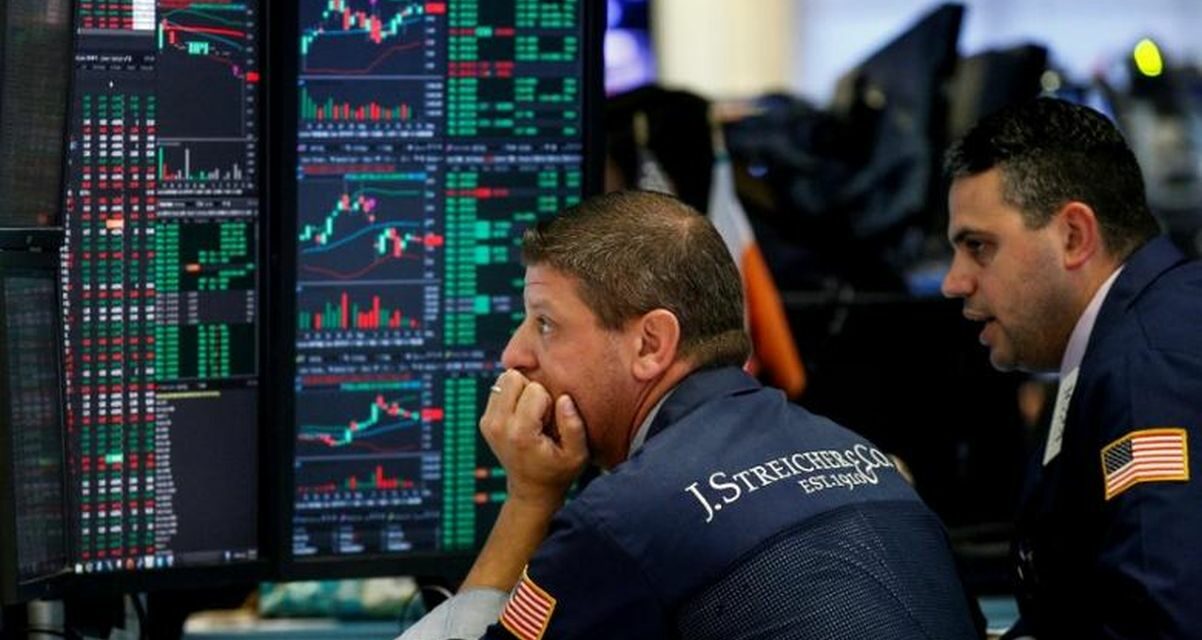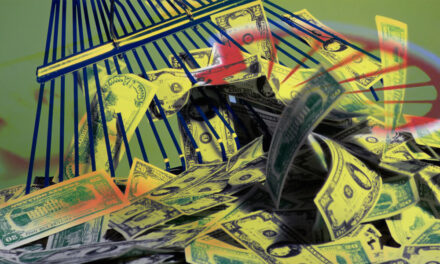It’s beginning to look like Christmas just about everywhere – except the global stock scene where traders and investors are looking at the numbers with a feeling of dread rather than jubilation.
As trading kicked off on Monday, December 19th, stocks throughout the globe were slightly higher than last week. However, numbers remained within the neighborhood of six-week lows as investors began the week with a wary eye on impending interest rate hikes which could, unfortunately, push economies into a recession next year.
Among those who are expected to continue raising interest rates are the US Federal Reserve and the European Central Bank (ECB). However, the normally taciturn Bank of Japan is expected to start hiking rates in a bid to stop rampaging inflation.
Meanwhile, financial investment research firm Morgan Stanley Capital International’s (MSCI) benchmark for global stocks rose by around 0.1% as trading began on December 19th, a slight improvement since Friday, December 16th, when a flurry of interest rate hikes plunged it to its lowest since November 10th.
The European STOXX 600 index, on the other hand, was boosted by 0.5% at the start of the trading day. At the same time, short-dated eurozone yields inched nearer their highest levels in more than ten years despite investors’ concerns that the ECB is raising interest rates yet again.
The Experts Weigh In
Carlo Franchini, head of the institutional clients section of Milan’s Banca Ifigest, believes that European markets could have fared better if ECB president Christine Lagarde had opted out of hiking rates so close to the end of the year.
Indeed, Franchini believes that, save for the Bank of Japan and the Bank of England, the endless rounds of interest rate hikes throughout this year have eroded confidence in central banks worldwide. Likewise, any plans to continue raising rates at the same frenetic pace next year are both unrealistic and unfeasible.
Franchini’s opinion is a stark contrast to ECB vice-president Luis de Guindos’ announcement that the bank is set to implement additional rate hikes. De Guindos explained that this was in keeping with the ECB’s commitment to drop inflation back to its original midterm goal of 2%.
The Japanese Situation
Meanwhile, executives at the Bank of Japan are contemplating the revision of its 2% inflation target for next year, a matter previously agreed upon by the bank and the national government. This development has raised speculation that the Japanese central bank is set to tighten its somewhat loose monetary policy.
As trading began this week the Nikkei dropped to a six-week low of 1.05% while the yen was up by 0.5% or around 135.9 yen per US dollar. Five-year Japanese government bond yields likewise rose to hit an eight-year high.















